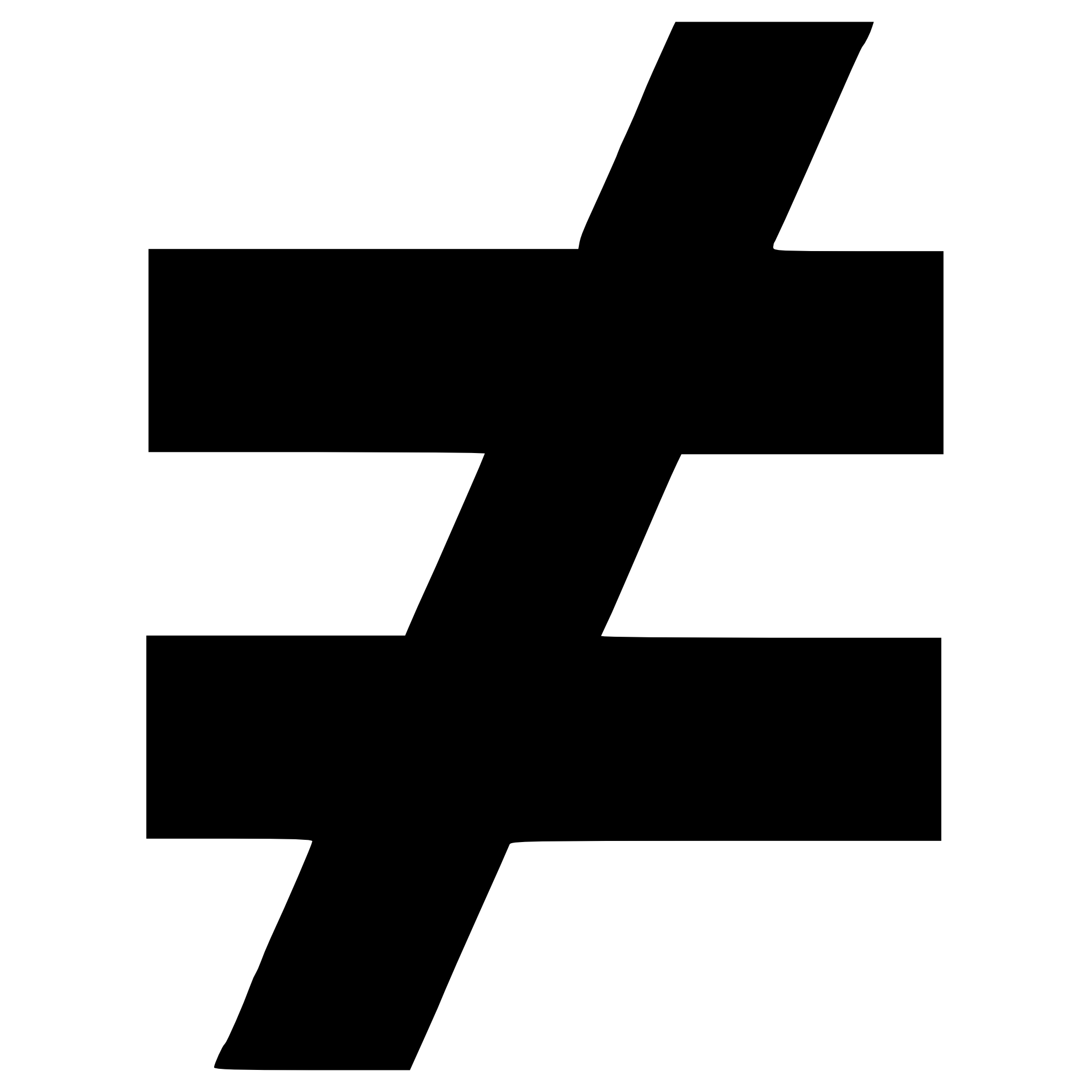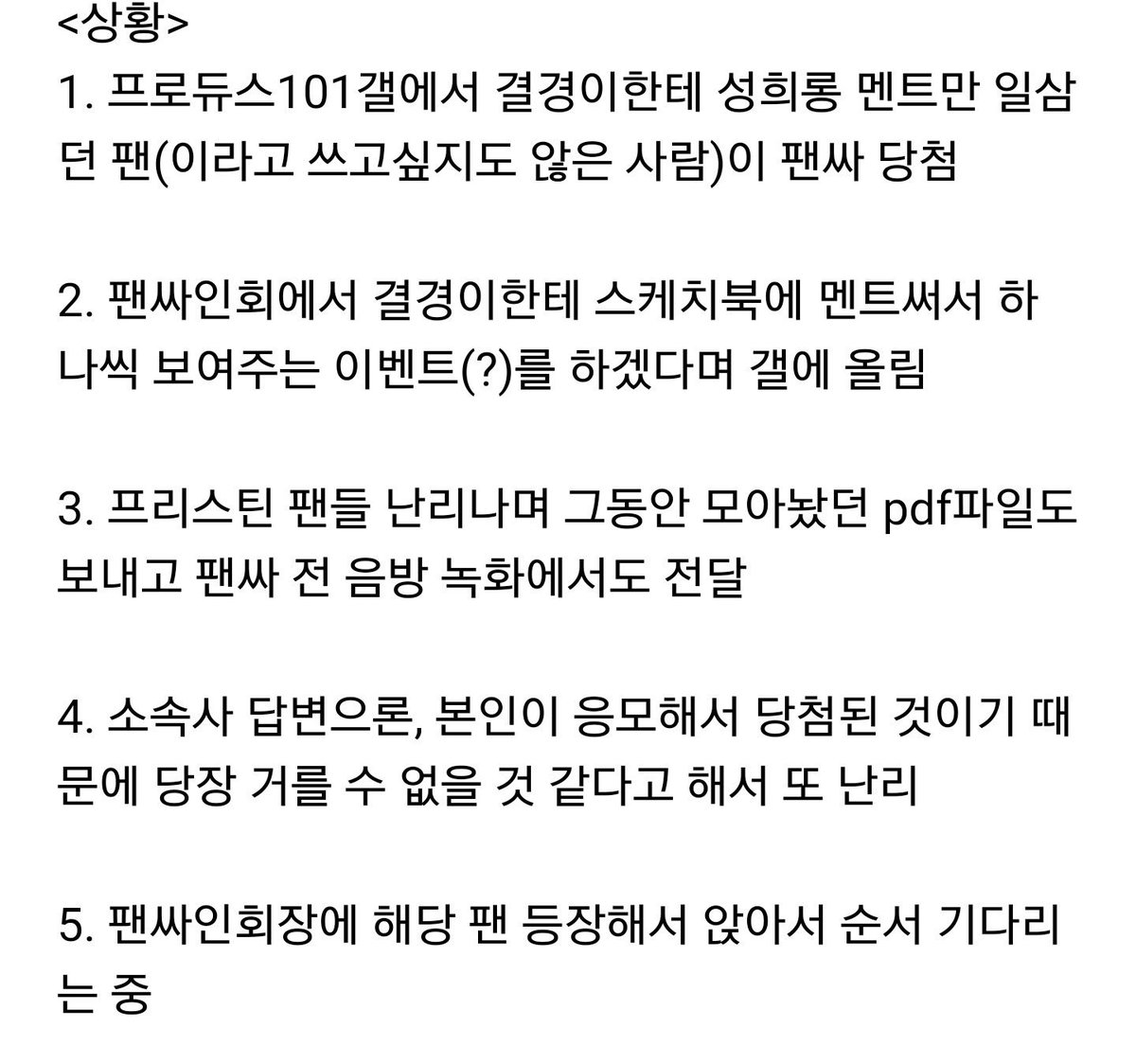Why "X X X X Is Equal To" Matters In Everyday Life
Have you ever wondered what "X X X X is equal to" really means? Well, buckle up because we're diving deep into this fascinating topic that touches our daily lives more than you might think. Whether you're a math whiz or someone who dreads numbers, understanding this concept can change the way you approach problems big and small. So, let's get started!
Picture this: you're at the grocery store trying to figure out if buying in bulk will save you money or if that fancy new gadget you've been eyeing is worth the investment. Knowing what "X X X X is equal to" helps you make smarter decisions. It's not just about math—it's about practicality.
Now, before we dive deeper, let's address the elephant in the room. Why does this matter? Because understanding equality in different contexts—from mathematics to real-world applications—empowers you to think critically and solve problems effectively. Stick around, and I'll break it down step by step so it's as clear as day.
- Prmovieschat Your Ultimate Movie Streaming Destination
- Multimovies Website Your Ultimate Destination For Movie Buffs
What Does "X X X X Is Equal To" Actually Mean?
At its core, "X X X X is equal to" is all about balance. Think of it like a seesaw. For things to be equal, both sides need to have the same weight or value. In math terms, this usually involves equations where one side equals the other. But here's the kicker—it's not limited to numbers alone.
Equality can apply to relationships, fairness, and even justice. For instance, when we say two things are equal, we mean they hold the same importance, value, or significance. This concept transcends mere arithmetic and becomes a cornerstone of how we interact with the world around us.
Breaking Down the Basics
Let's start with the basics. When you see an equation like "X + 3 = 7," you're essentially solving for X to find what makes both sides equal. Simple, right? But what happens when you apply this principle to more complex scenarios? Suddenly, it's not just about numbers—it's about logic and reasoning.
- Yuppow Movies Your Ultimate Destination For Entertainment Bliss
- Netmovies Alternative The Ultimate Guide To Streaming Movies Online
- In math, equality means two expressions have the same value.
- In life, equality often refers to fairness and balance.
- Understanding equality helps in decision-making and problem-solving.
Why Understanding Equality Matters
Equality isn't just a mathematical concept; it's a life skill. Imagine negotiating a business deal, dividing resources among team members, or even splitting the bill at dinner. Knowing what "X X X X is equal to" ensures that everyone gets their fair share—no arguments, no hard feelings.
On a broader scale, equality plays a crucial role in social justice. From equal pay to equal opportunities, the principle of fairness guides us toward creating a more equitable society. So, while it might seem like a simple idea, its implications are far-reaching.
Equality in Real Life
Let's look at some real-world examples:
- Business: Companies use equality to ensure fair distribution of profits and resources.
- Education: Schools strive for equal access to quality learning materials and opportunities.
- Healthcare: Equal treatment ensures patients receive the care they deserve, regardless of background.
Common Misconceptions About Equality
Despite its simplicity, equality is often misunderstood. Some people think it means sameness, but that's not always the case. Equality is about fairness and balance, not uniformity. For example, two people might have different skills, but their contributions can still hold equal value.
Another misconception is that equality is only relevant in formal settings like classrooms or boardrooms. In reality, it affects every aspect of our lives, from personal relationships to global policies.
Clearing Up the Confusion
Here are a few key points to remember:
- Equality doesn't mean everyone gets the same thing; it means everyone gets what they need to succeed.
- It's not about erasing differences but celebrating them while maintaining fairness.
- Equality is a dynamic concept that evolves with changing circumstances.
How to Apply "X X X X Is Equal To" in Daily Life
Now that we've covered the basics, let's talk about practical applications. Whether you're managing finances, planning a project, or resolving conflicts, understanding equality can make all the difference.
For example, if you're budgeting, you might use equations to ensure your expenses don't exceed your income. Or, if you're leading a team, you can apply the principle of equality to assign tasks fairly based on individual strengths.
Step-by-Step Guide
Here's how you can start applying this concept today:
- Identify areas in your life where fairness and balance matter.
- Break down problems into manageable parts and assign values to each.
- Adjust as needed to achieve equilibrium.
The Role of Technology in Promoting Equality
In today's digital age, technology plays a significant role in promoting equality. From algorithms that ensure fair hiring practices to apps that help allocate resources efficiently, tech solutions are making a real impact.
However, it's important to note that technology isn't perfect. Bias can creep into algorithms, leading to unintended consequences. That's why human oversight and critical thinking remain essential components of achieving true equality.
Tools You Can Use
Here are a few tech tools that promote fairness:
- Spreadsheets for organizing and analyzing data.
- Project management software for equitable task distribution.
- Online calculators for solving complex equations.
Challenges in Achieving Equality
While the concept of equality is straightforward, putting it into practice can be challenging. Factors like bias, inequality in resource distribution, and systemic barriers often stand in the way. Overcoming these obstacles requires effort, awareness, and a commitment to change.
One of the biggest challenges is addressing unconscious bias. Even well-meaning individuals can fall prey to ingrained prejudices that affect their decision-making. Recognizing and confronting these biases is the first step toward creating a more equitable world.
Overcoming Obstacles
Here's how you can tackle these challenges:
- Stay informed and educated about issues of inequality.
- Engage in open and honest conversations with others.
- Advocate for policies and practices that promote fairness.
The Future of Equality
As we move forward, the importance of equality will only continue to grow. With advancements in technology, globalization, and shifting societal values, the need for fairness and balance becomes increasingly urgent.
Imagine a world where everyone has access to the same opportunities, where decisions are made based on merit rather than privilege. That's the future we should strive for—a future where "X X X X is equal to" isn't just a mathematical equation but a guiding principle for humanity.
Trends to Watch
Here are a few trends shaping the future of equality:
- Increased focus on diversity and inclusion in workplaces.
- Growing awareness of environmental justice issues.
- Advancements in AI and machine learning to reduce bias.
Conclusion: Taking Action
We've covered a lot of ground today, from the basics of "X X X X is equal to" to its broader implications in society. By now, you should have a solid understanding of why this concept matters and how you can apply it in your daily life.
So, what's next? Take what you've learned and put it into action. Whether it's through small changes in your personal habits or advocating for larger systemic shifts, every step counts. And don't forget to share this knowledge with others—after all, equality thrives when we work together.
Before you go, I'd love to hear your thoughts. Do you have any experiences or insights to share about equality? Drop a comment below, and let's keep the conversation going!
Table of Contents
Here's a quick rundown of what we covered:
- What Does "X X X X Is Equal To" Actually Mean?
- Why Understanding Equality Matters
- Common Misconceptions About Equality
- How to Apply "X X X X Is Equal To" in Daily Life
- The Role of Technology in Promoting Equality
- Challenges in Achieving Equality
- The Future of Equality
- Conclusion: Taking Action
Thanks for reading, and remember—equality starts with you!
- Moviesmodlife Your Ultimate Destination For All Things Movies
- Fmmovies Your Ultimate Destination For Movie Streaming
x 1+x+2 x 4 is less than equal to 2 Solve for x

Free Equal Cliparts, Download Free Equal Cliparts png images, Free

계정 옮겼어요 블블 하셔두대요🙌🏻 (x_x_x_x_xx_) Twitter